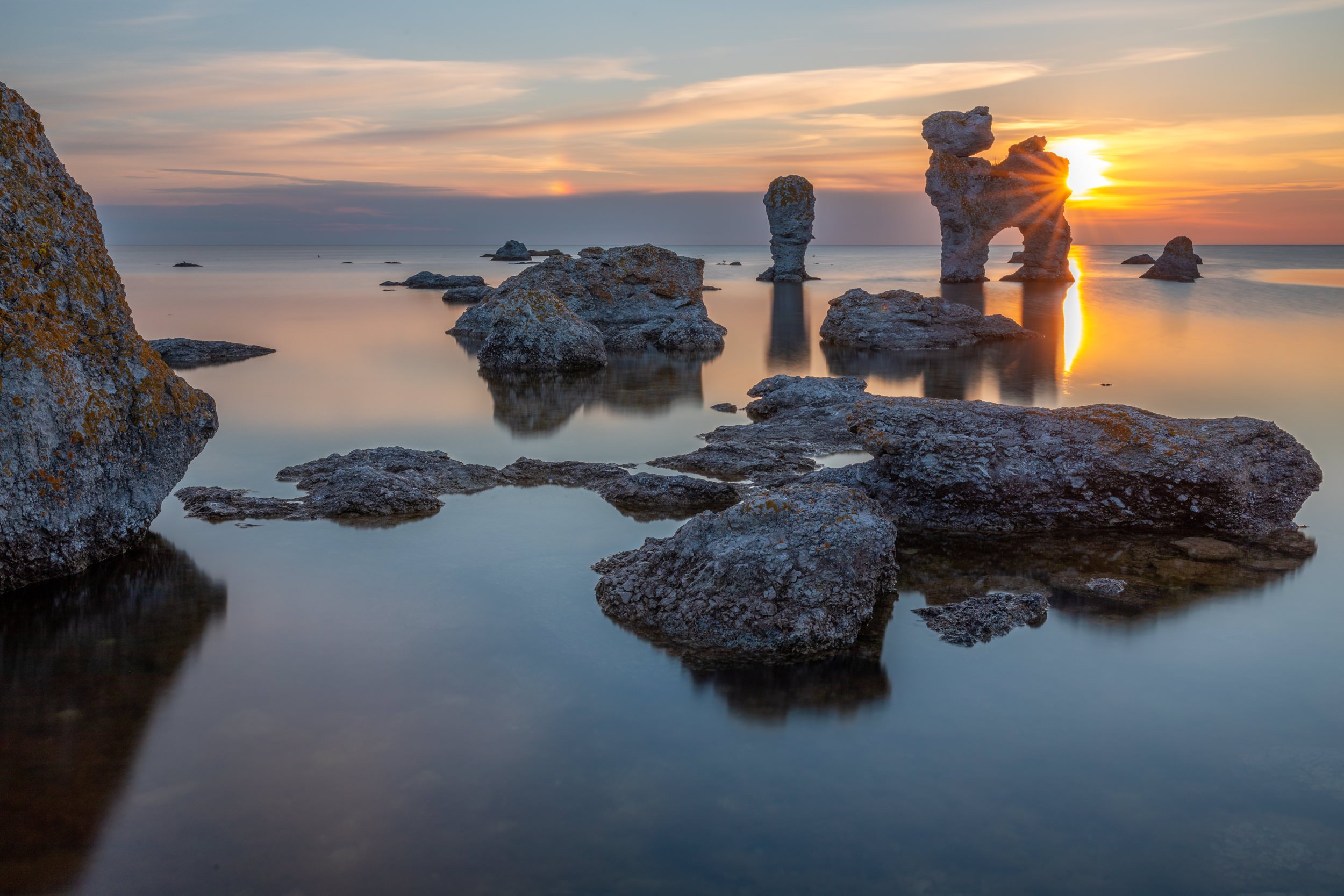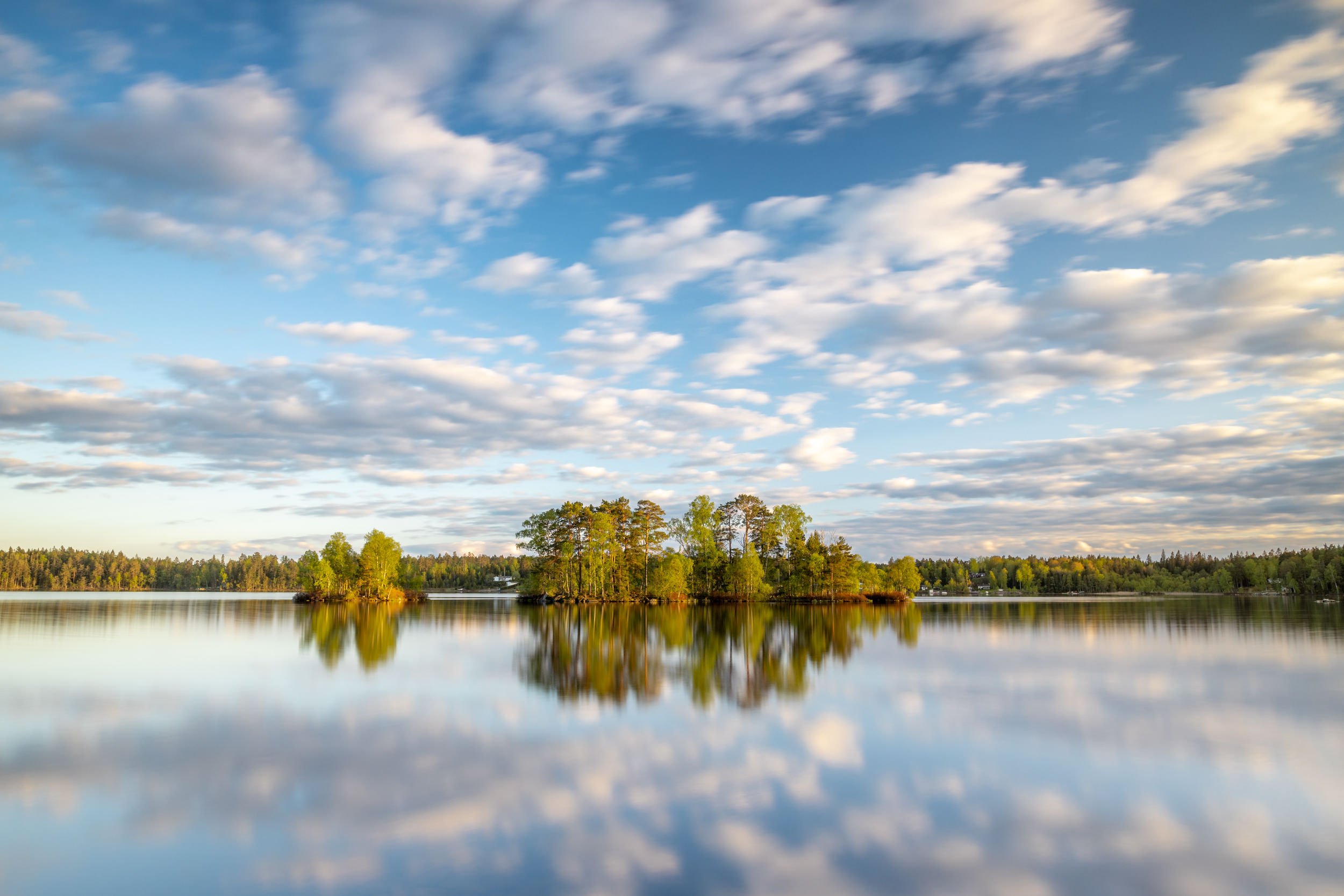Why the Golden Hour is my favorite time to photograph
You might have already noticed that I love taking my photos during Golden Hour (or sometimes called “Magic Hour”)!
Have you ever wondered what “Golden Hour” actually means and why this time of the day is so special for photography? I am sure that you will enjoy reading this article! You will also learn what to consider when planning a photo shooting during Golden Hour. If you have any thoughts about this topic, please feel free to leave a comment below the article.
What does Golden Hour mean?
When photographers talk about Golden Hour, they refer to the (mostly) short time window just after sunrise (in the morning) and before sunset (in the evening). Depending on your location and the time of the year, the Golden Hour can last from just a few minutes up to a couple of hours. When you are at a place above the Arctic Circle in summer, you will experience the phenomenon of the midnight sun. The sun doesn’t completely set and moves just above the horizon during night, so the Golden Hour lasts for a couple of hours. However, in most locations in the world the Golden Hour is much shorter than that. As reference point you can usually calculate with 1 hour after sunrise and 1 hour before sunset. At the end of this article I will tell you which app I use to plan my Golden Hour shoots.
Why is this time so special for photography?
In order to answer that question, you need to understand a little bit more about light. Light is very important for photography, if not the most important factor. In landscape photography, the main light source that we use for lighting up the scenery is obviously the sun. So it is the sun that determines the entire lighting in a landscape scene, and it changes the light conditions throughout the day. The main factors that change during the day are the contrast between light and shadow, the direction of the light and the color/temperature of the light.
Soft light
During midday, when the sun is high up in the sky, it represents a very bright, strong light source. This intensity leads to harsh light conditions that are not favorable for photography. The midday sun creates a very hard contrast with bright lights and dark shadows. Those conditions make it difficult to expose your photos correctly.
During Golden Hour, the sunlight is not as strong anymore and provides a very soft light on the scenery that you want photograph. Softer light means less contract between light and shadows. The less intense sunlight creates much softer edges on trees, mountains and other interesting subjects.
Directional light
In the early mornings and late evenings, the sun is lighting up the scene from a low angle in the sky. This special light direction gives us interesting possibilities in photography, for example back lighting, side lighting or silhouettes. You can even include the sun itself in your composition and capture beautiful sunbeams when the sun is meeting subjects in the foreground.
Warm tones
The last difference when comparing the conditions during midday and Golden Hour is the temperature (or color) of the light. During midday, the sun provides a very neutral, almost white light. During Golden Hour, in comparison, the spectrum of the color temperature ranges from orange and yellow to red, purple and pink elements. All those colors are usually seen as warm colors and can be associated with feelings of warmth and happiness.
How to plan a Golden Hour shooting?
Now you might ask yourself what to consider when planning a Golden Hour photo shoot.
For me the most important factors are location and time. If you want to get to best possible results, it is crucial to know what subject you want to photography, when exactly the sun will rise/set and what direction the light will come from. This is why I would advice to scout the location beforehand, since you will have limited time for the shooting.
We have already learned that the exact time window for the Golden Hour is dependent on your location and time of the year. In order to determine the time of the shoot, I personally use the app PhotoPills, which gives me the exact time of sunrise, sunset and Golden Hour, adjusted to my current location or the location I am planning to shoot at. So whatever location I choose for the shoot, PhotoPills will give me when Golden Hour starts and when it will end - precisely to the minute.
Besides for the timing, I use PhotoPills for planning the exact location of the shoot and the composition. The planning features of the app will tell you exactly where the sun is rising and setting at the given time. I really like the Augmented Reality feature which you can use to check the course of the sun at the location.
Conclusion
The soft, directional and warm light creates conditions that are very favorable not only for landscape photography, but for many other types of outdoor photography. When you take your photos during Golden Hour, you will see that the scenery will glow in an atmospheric golden light (and this is where the name comes from). You will also notice the special light during Golden Hour creates amazing colors in the sky. This is the time of the day when you are able to witness the most dramatic skies!
It’s time to practice!
If you want to test how the light of the Golden Hour affects the feeling and atmosphere in your photos, I highly encourage you to try and shoot the exact same scenery during midday and during Golden Hour. You will see that you will get two photographs that convey very different moods.
Happy shooting!

















